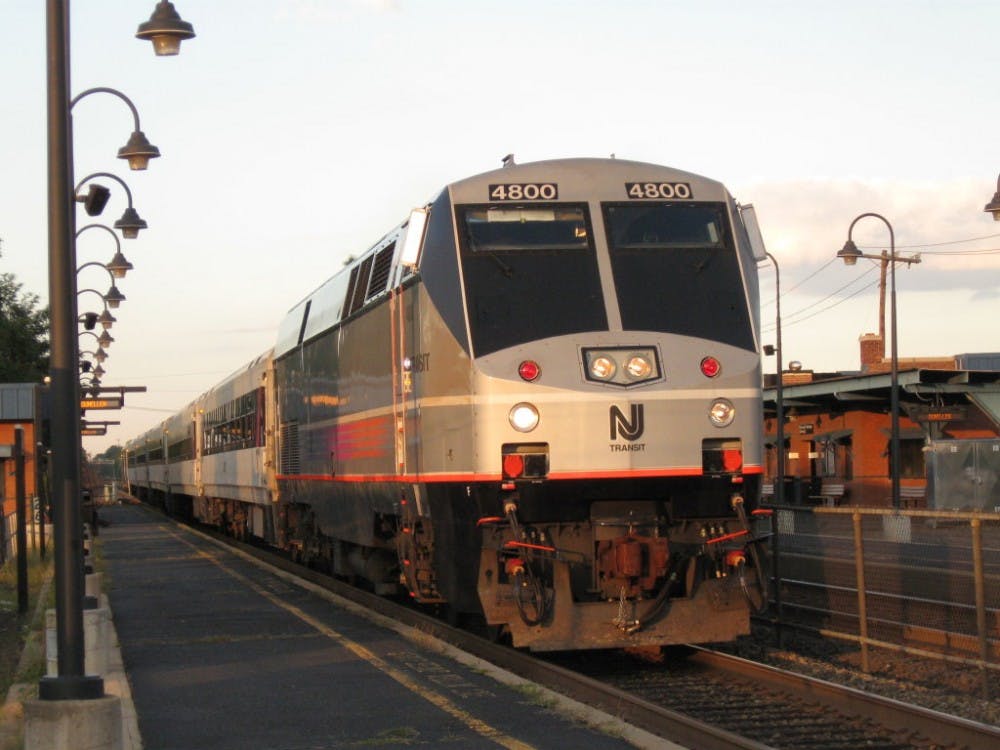With the University’s gothic architecture, six distinct colleges, elite reputation, and centuries-old history, the fact that we have a train which runs directly onto campus may seem reminiscent of the Hogwarts Express from the “Harry Potter” films. Yet as those of us who have had to make extensive use of the Dinky or other local trains know, New Jersey Transit is anything but magical. In fact, it is quite literally one of the worst public transportation systems in the country, with the second most train breakdowns and sixth most for buses. The New Jersey state government can release as many audits and recommendations as it wishes, but NJ transit’s trustworthiness is broken beyond repair.
The train and bus systems have been too unreliable for too long and are not going to regain consumer confidence anytime soon. NJ Transit seems unable to fix one problem without causing another. An automatic braking system has been tested in all its trains, but NJ Transit was unable to complete the project before the deadline, forcing the cancelation of 18 trains across five separate lines. All Dinky service will be canceled for months, and the Gladstone Branch of the Morris and Essex line will not have weekend service. Yes, NJ Transit will provide busing between Princeton Station and Princeton Junction, but its buses are nearly as unreliable as its trains in terms of cancelations and delays, considering they are the sixth worst in the nation.
NJ Transit plans to lower fare prices by 10 percent for the duration of the brake installation process, but this will further weaken its already poor revenue. In 2016, almost a quarter-million train fares were not even collected because of combined overcrowding and understaffing, resulting in a loss of more than five million dollars.
Beyond the monetary issues of providing more trains, what good are they if people are too scared to ride them? In 2016, a train crashed into the station in Hoboken, injuring more than 100 people and killing a young mother. This summer, train cancelations were so frequent that some days saw over 20 cancelations.
NJ Transit is reliably unreliable. Every time I have had to take a train from Princeton to Penn Station in New York City, I worry about train delays, accidents, breakdowns, and cancelations. Nearly each time, at least one of those occurred. I now avoid taking these trains as much as possible, only using them when there is no alternative. Sadly, other University students, faculty, and staff may not have another convenient means of transportation to and from campus. If a prospective student is considering the University’s enrollment offer, or if a professor is considering a job offer and would like to live in the city and commute to campus, the unreliability of NJ Transit may be a factor in their decision.
NJ Transit is beyond repair because it has lost its customers’ confidence. Even when the brake installations are done, and service has been restored to the currently canceled trains, will people really want to invest $400 in a monthly pass when they cannot be sure that their train will even show up? What other deadlines will NJ Transit be unable to meet, causing them to take more trains of the tracks? Will any of the original problems with train delays and random cancelations be fixed? Until New Jersey Transit can assure riders that its delays, cancelations, and numerous other flaws are not going to be consistent disruptions, they should not expect riders to return.
Hunter Campbell is a junior politics concentrator from East Arlington, Vt. He can be reached at hunterc@princeton.edu.








